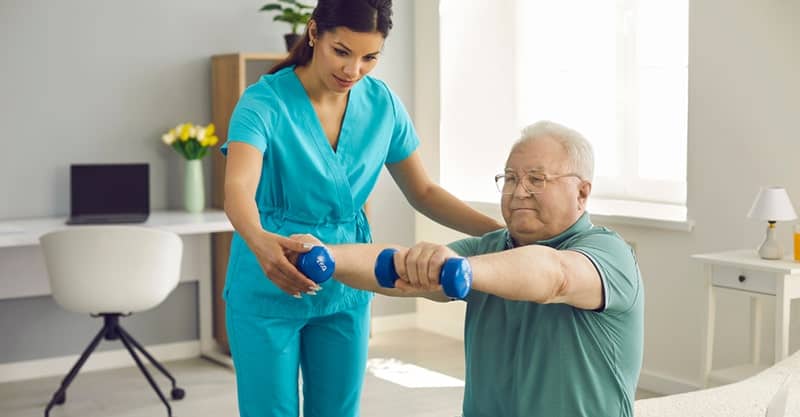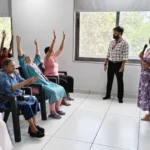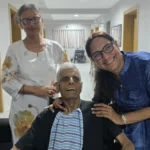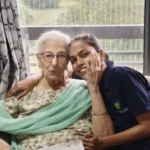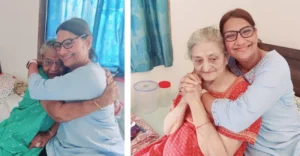What are the most frequent neurological disorders that affect older adults? What can we do to assist?
The neurologic disorders are identified by their impact on your nervous system. The symptoms typically include the loss or change in movement in eating or thinking issues and emotional or behavioural changes. The most common neurological disorders that affect older adults include Multiple sclerosis strokes, cerebral palsy Amyotrophic lateral sclerosis, Friedreich’s ataxia severe brain injury epilepsy, migraine, the spinal cord, and Parkinson’s disease, Alzheimer’s Spinal muscular atrophy neuropathy and functional neurological disorders. cancers of the brain Lewy Body along with other diseases.
While there isn’t a cure for all of these conditions but certain modifications can be implemented to make life more enjoyable and enjoyable. Home care services can be a major factor in improving the quality of living for people with dementia and other neurological or neurodegenerative conditions.
What is the best way to assist those with neurological conditions?
These are only one of the ways to go:
Routine & Predictability
Consistency and routine are proven to decrease anxiety and stress. This is particularly important for people with neurological issues who are susceptible to being more disoriented or confused due to the uncertain. With Papayacare’s Compassionate caregivers, the routines are formulated in accordance with the client’s individual or medical requirements as outlined in their individual treatment plan. This can help maintain dignity, independence and living quality by reducing injuries and outbursts, as well as emergencies.
Stimulating Activities
The brain is always in need of and is benefited from stimulation. People with neurological issues are more in need of this than ever before, especially those suffering from progressive diseases such as Parkinson’s, Alzheimer’s and Lewy body conditions. Our caregivers are trained to engage in stimulating activities such as playing games on the board or cards and reading books, as well as art and craft and even exercise like walking. If the brain doesn’t get enough stimulation in people suffering from these illnesses and physical limitations, they are likely to decrease, creating health problems and diminished independence.
Socialization & Companionship
Our caregivers frequently say they have a favourite aspect of caring for clients including hearing the tales their clients relate. Not only is it helpful having someone to listen to the stories of our clients, but they also love listening to stories. The services of companionship help to combat loneliness which is a common problem in older people, and aid in the human instinct to be social, and increase your quality of life.
Safety & Security
A variety of neurological disorders or symptoms can cause confusion, disorientation and balance. Even the most familiar places like your home can be confusing and could be hazardous. Our caregivers at Papayacare are trained to identify possible dangers and organize or clean the Facility to stop medically significant events such as falls. For people with dementia, wandering can be an issue for families, and our Care program helps seniors remain in the home unless they are assisted.
Transitional Care
Transitional care dramatically lowers the chance of hospital readmission following the duration of an emergency stay. How? Both transitional care as well as medication assistance aid in avoiding re-hospitalization by facilitating the transition between different care settings. The presence of a professional to keep track of the health of a patient after an inpatient or nursing can increase the likelihood of their recovery and their comfort.
Assisted Living Care
If the care of an individual becomes challenging to handle, often, or difficult to handle families are frequently confronted with the dilemma of either moving their loved one to a care centre or staying at home. Most of the time elderly people prefer to remain at home instead of in a care facility. Assisted Living facility offers 24/7 support and help for families.
What can we do to help?
We have extensive experience with caring for seniors suffering from neurological conditions such as Parkinson’s disease, dementia or the effects of stroke. If you know someone who would benefit from an experienced caregiver or if there are any questions regarding our services, Contact us. Our supervisors are on call 24/7 and ready to assist.

